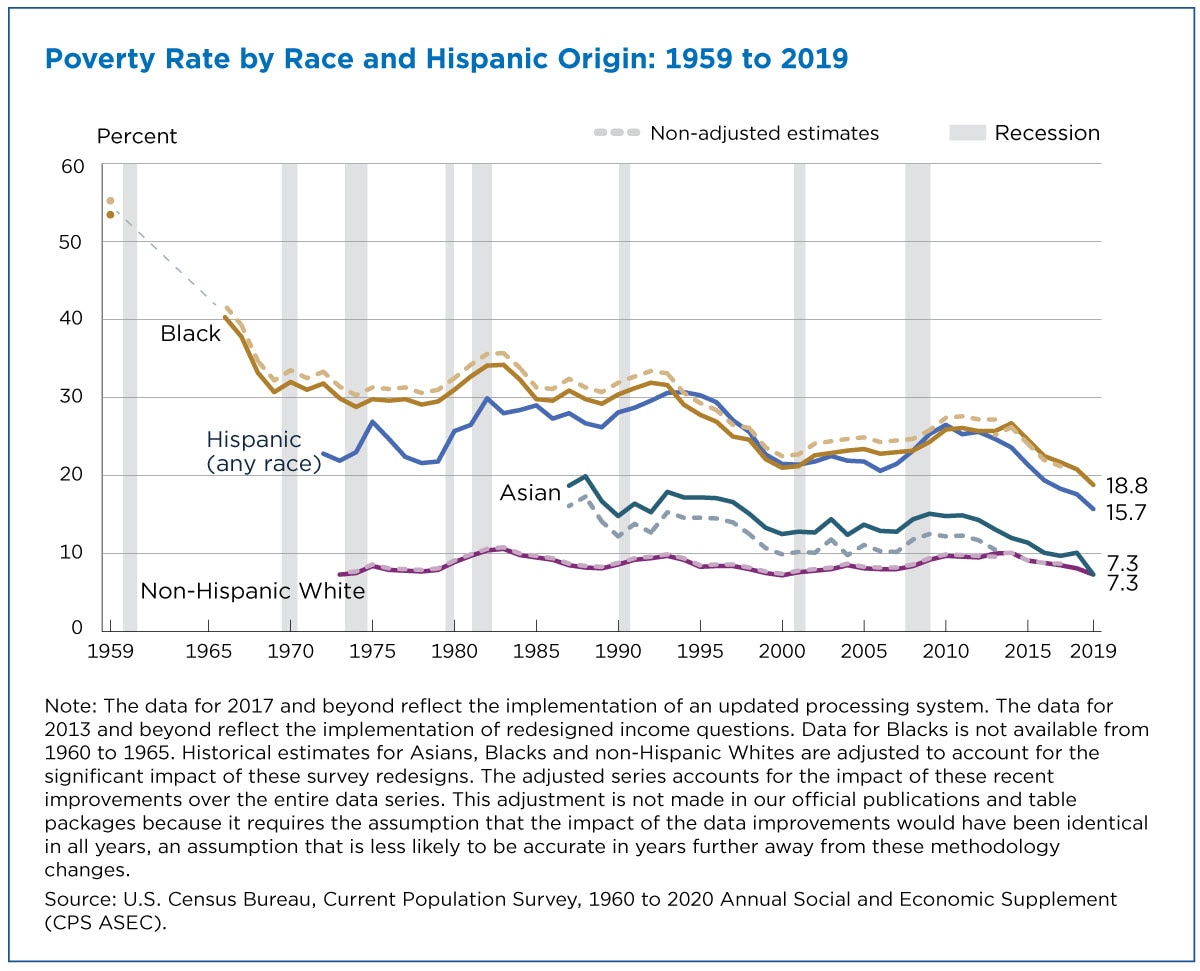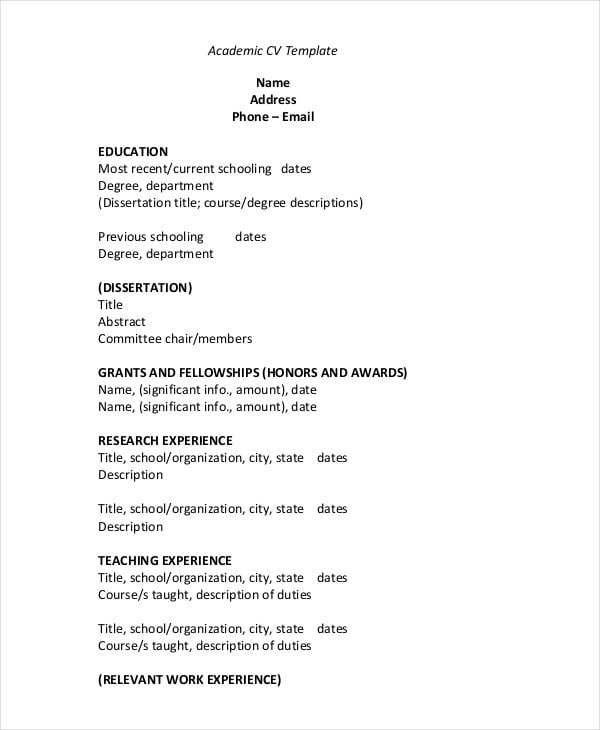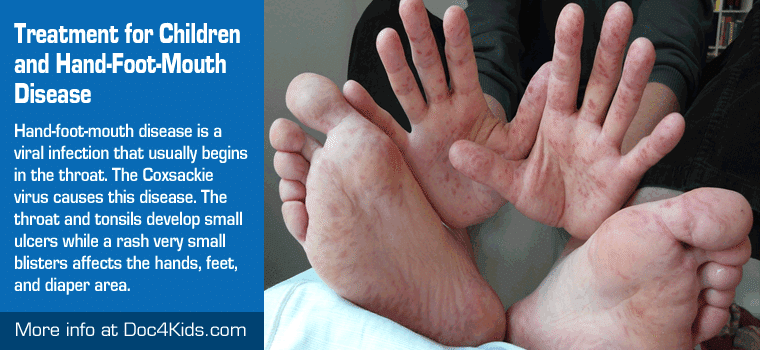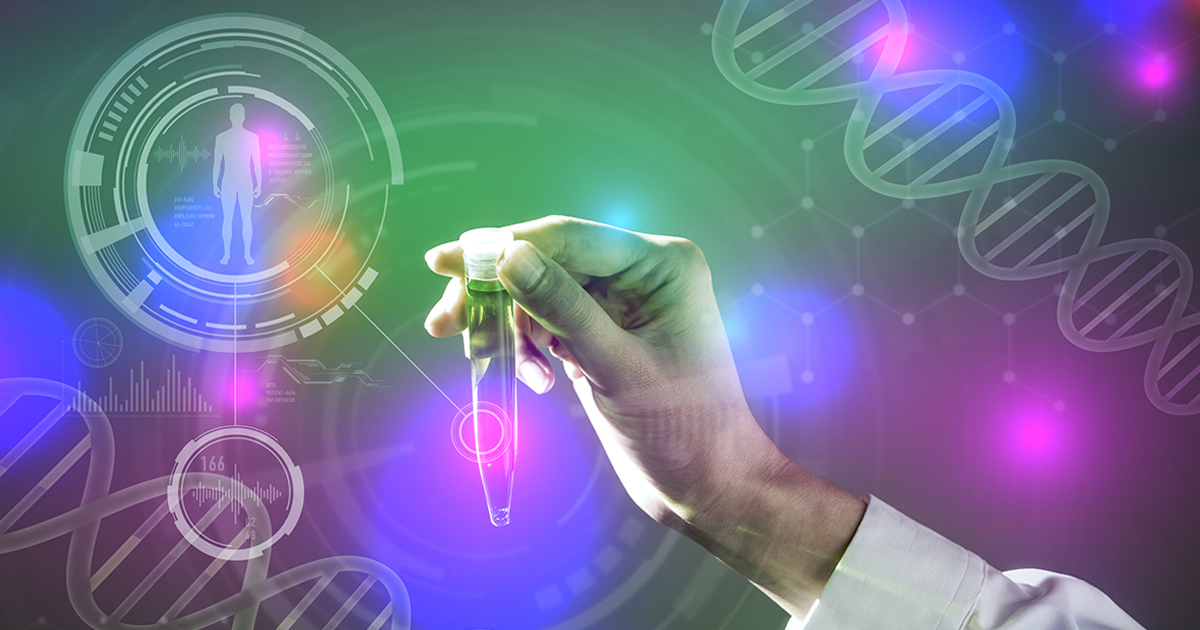During menopause and peri-menopause you may have longer or heavier periods than normal and be even. This type of bleeding may occur as a result of many factors including hemorrhoids diseases like peptic ulcer disease and certain types of cancers.
 Jual Especially Yours 60 S Vitamin Wanita Menopause Pms Anemia Kesuburan Berkualitas Di Lapak Mamalemon Bukalapak
Jual Especially Yours 60 S Vitamin Wanita Menopause Pms Anemia Kesuburan Berkualitas Di Lapak Mamalemon Bukalapak
Anemia triggered by an iron deficiency can cause irregular periods and likewise women with irregular periods can suffer from iron deficiency anemia from excessive blood loss.

Menopause and anemia. I am taking two iron pills a day. Women menopause and anemia. Anemia is often the effect of heavy periods menorrhagia other health problems like hypothyroidism or from medications like antacids or non-steroidal anti-inflammatory drugs.
It is not unusual for women to experience irregular menses during perimenopause which can range from skipped menstrual cycles to excessive and prolonged bleeding. Women need about 14 to 18 mg of iron every day 27 mg if you are pregnant to get the most benefits and stave off anemia. A new study published in the April 2011 issue of the Journal of the American Dietetic Association indicates that inadequate nutrition is linked to a.
The reasons for inadequate dietary intakes of iron are discussed. Im scared menopause will look like pms for the rest of my life. Anemia can cause unpleasant symptoms and impact your quality of life which is why its so important to diagnose and treat it as early as possible.
Iron deficiency anemia from heavy menstrual periods is very common. Nevertheless iron deficiency anemia during or after menopause can also be due to blood loss from heavy menstrual bleeding characteristic of irregular periods during perimenopause. Because women lose more iron through menstrual periods women are at greater risk for anemia.
In women of childbearing age it is the most frequent cause of iron deficiency anemia. The most common cause of anemia in perimenopausel women is iron deficiency. Women menopause and anemia Women need about 14 to 18 mg of iron every day 27 mg if you are pregnant to get the most benefits and stave off anemia.
Because women lose more iron through menstrual periods women are at greater risk for anemia. Pregnant women and pre-menopausal women who still get their periods are at the highest risk of iron deficiency and iron-deficiency anemia both of which can cause such problems as. Anemia During Peri-menopause.
Im slowly coming to grips with the loss of fertility but Im terrified itll be 50 years of living in the third week of my period where I always feel anxious and sad. Goddard et al 2 found that 5-10 of of iron deficient anemia is due to malabsorption mainly from Celiac. Without enough iron you are at risk of developing anemia.
Now the new problem is hemorrhoids due to harder stools from the iron. Recommendations are made for the prevention of iron deficiency anemia in postmenopausal women and for achievement of the highest possible level of health as affected by the intake of iron and related nutritional factors. Also have a ovarian cyst the Dr.
Such bleeding is often caused by the. This article will help you recognize excessive blood loss during periods and learn how to deal with periods and anemia. E latter could lead to anemia and low iron stores in the body which we know can worsen RLS symptoms.
Too often severe vitamin B12 deficiency aka pernicious anemia slips right off your doctors radar especially during the menopause years. There is need for better understanding of iron metabolism. Health conditions or surgeries that cause nutrient malabsorption like Crohns disease celiac disease or gastric bypass.
Or frequent use of over-the-counter pain relievers. During menopause and peri-menopause you may. Iron deficient anemia IDA occurs in 2-5 of adult men and postmenopausal women.
Im only just 36 and it looks like Im peri-menopausal. But in men and postmenopausal women that type of anemia is almost always due to gastrointestinal bleeding. In postmenopausal women iron-deficiency anemia most often results from some sort of gastrointestinal tract bleeding.
I am 51 and still having heavy periods. With blood loss from chronic blood loss from gastrointestinal bleeding being the most common cause 12 and malabsorption being the second most common 23. It is estimated that one in five menstruating women are anemic which can have a detrimental effect on the reproductive system and menstrual cycle patterns.
Anemia is diagnosed when a blood test shows a haemoglobin of 120gdL or below. 1 Heavy menstrual bleeding is estimated to affect up to a third of premenopausal women and some of these women are at risk of iron deficiency anemia which can cause symptoms like fatigue. Recently diagnosed with ID Anemia.








